IS30 - Particle-Laden Flows
Particle-laden flows refer to a kind of two-phase fluid flow in which one of the phases is
continuously connected and the other phase is made up of small immiscible particles.
Particle-laden flows modeling has a wide variety of scientific and engineering applications: dispersion of contamination in the atmosphere, fluidization in combustion processes, deposition of aerosols in aerosol drugs, spread of virus in the air, rain formation in clouds, sand and dust storms, protoplanetary disks, volcanic eruptions, geological sedimentation processes, pharmaceutical sprays, liquid-fueled combustion, solid rocket motors, coal furnaces, and particle-based solar receivers are examples of engineering processes that involve particle-laden flows among many others.
The multiscale and nonlinear interactions between the carrier and the dispersed phases lead to complex flow physics and pose unique modeling challenges. Also, many of these flows involve turbulence. The simultaneous presence of two of the most challenging topics in fluid mechanics, namely multiphase flows and turbulence, is still an unsolved problem.
The study of particle laden flows is also the basis for the simulation of active fluids, in which the particles themselves move with their own energy.
This Invited Session hopes to bring together different researchers in the modeling of fluids with particles, from the simplest cases where the particles simply convect, to the most complicated cases where the particles move at different velocities of those of a turbulent fluid.
Particle-laden flows modeling has a wide variety of scientific and engineering applications: dispersion of contamination in the atmosphere, fluidization in combustion processes, deposition of aerosols in aerosol drugs, spread of virus in the air, rain formation in clouds, sand and dust storms, protoplanetary disks, volcanic eruptions, geological sedimentation processes, pharmaceutical sprays, liquid-fueled combustion, solid rocket motors, coal furnaces, and particle-based solar receivers are examples of engineering processes that involve particle-laden flows among many others.
The multiscale and nonlinear interactions between the carrier and the dispersed phases lead to complex flow physics and pose unique modeling challenges. Also, many of these flows involve turbulence. The simultaneous presence of two of the most challenging topics in fluid mechanics, namely multiphase flows and turbulence, is still an unsolved problem.
The study of particle laden flows is also the basis for the simulation of active fluids, in which the particles themselves move with their own energy.
This Invited Session hopes to bring together different researchers in the modeling of fluids with particles, from the simplest cases where the particles simply convect, to the most complicated cases where the particles move at different velocities of those of a turbulent fluid.

